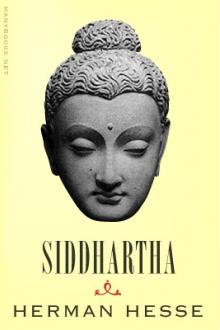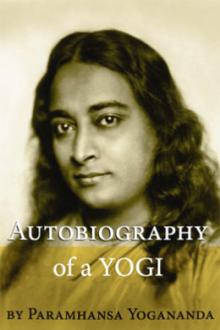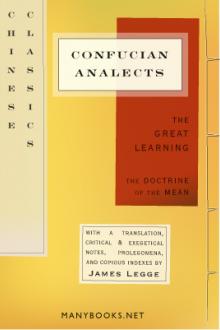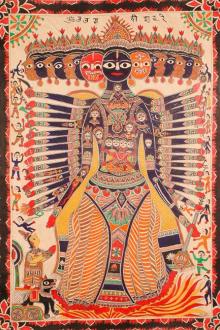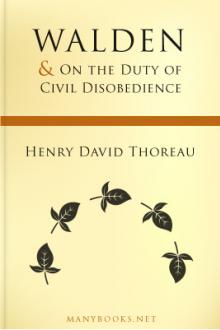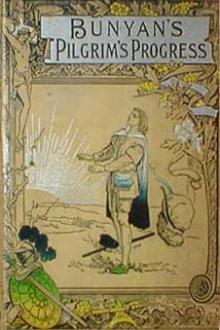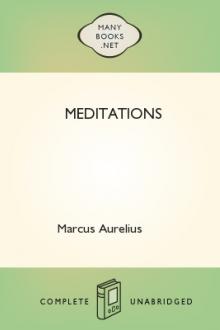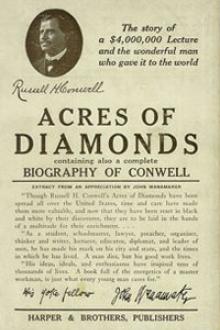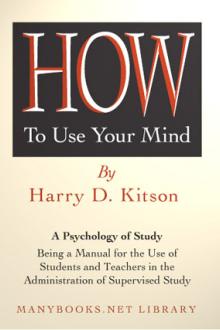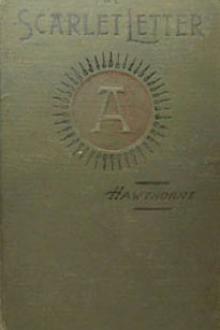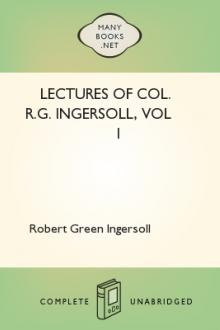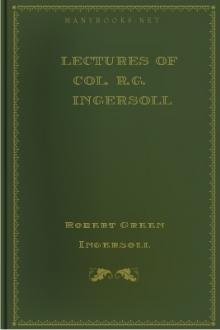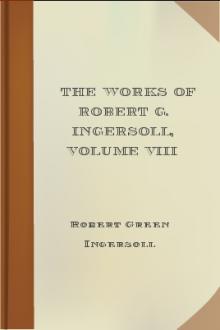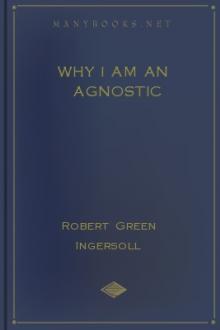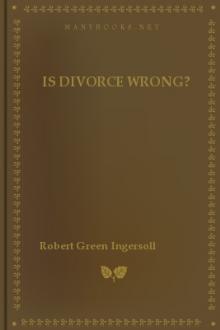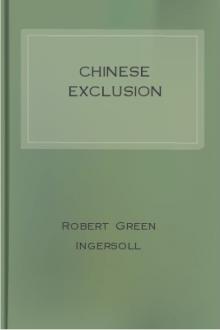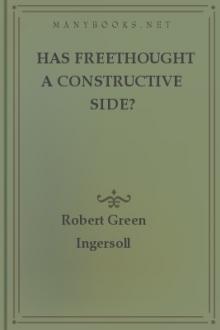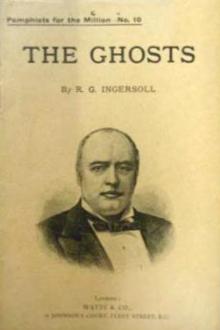About the Holy Bible
Book Excerpt
"And the lions had the mastery of them, and brake all their bones in pieces, or ever they came at the bottom of the pit."
What had the wives and little children done? How had they offended King Darius, the believer in Jehovah? Who protected Daniel? Jehovah! Who failed to protect the innocent wives and children? Jehovah!
THE STORY OF JOSEPH.
Pharaoh had a dream, and this dream was interpreted by Joseph.
According to this interpretation there was to be in Egypt seven years of plenty, followed by seven years of famine. Joseph advised Pharaoh to buy all the surplus of the seven plentiful years and store it up against the years of famine.
Pharaoh appointed Joseph as his minister or agent, and ordered him to buy the grain of the plentiful years.
Then came the famine. The people came to the king for help. He told them to go to Joseph and do as he said.
Joseph sold corn to the Egyptians until all their money was gone -- until he had
Editor's choice
(view all)Popular books in Religion, Essays
Readers reviews
- Upvote (0)
- Downvote (0)
Ingersoll, like myself pulls no punches in exposing some to the more obvious contradictions and heinous aspects of the bible. He pits the so called morality of God against the morality of man.
Finally, he exposes the the lies written between the pages of scripture by fallible men. The bible is neither infallible, moral, nor the word of God.
While I certainly would not classify it as a manifesto of atheism, its intent is clear. There are better organized and articulated papers and books for the atheistic position than this one. As such, I suggest passing on this one.
If you enjoy the taste of pure vitriol, by all means read this book. I couldn't finish it. The poison was too strong.
And if you say "but we don't believe that now," well they did then, and alot still do!
His writings also represent the last dying gasps of the Golden Age of Freethought before the horrors of two World Wars put an end to secular humanism once and for all.
About the Holy Bible is your typical Ingersoll rant composed of logical fallacies such as straw men and arguments by outrage. His hatred for the Old Testament is thinly disguised anti-Semitism, a philosophy very acceptable to 19th century skeptics until the Holocaust showed them the fruit of their labors.
Ingersoll’s most hilarious statements are that the Judeo-Christian religion has never produced anything of beauty or worth to the human race, a statement that will come as a surprise to those who know names such as Bach, Beethoven, and Brahms or scientists such as George Washington Carver, James Clerk Maxwell, Gregor Mendel, Michael Faraday and a host of other prominent scientists who had no trouble combining science with their Judeo-Christian faith.
In the end, the book only serves as a source of comfort to skeptics who, in the late hours of the night, as they stare at the ceiling pondering the bogeymen of metaphysics can reach for Ingersoll’s screed so as to avoid dealing with the big questions, a sort of mental thumbsucking.
Judeo-Christian theists can be amazed that in the century between Ingersoll and the likes of Richard Dawkins and Christopher Hitchens, skepticism has failed to come up with a single original thought that theists haven’t already dealt with for two millennia.
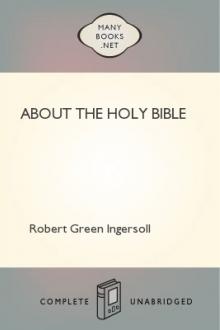
 Free Download
Free Download













